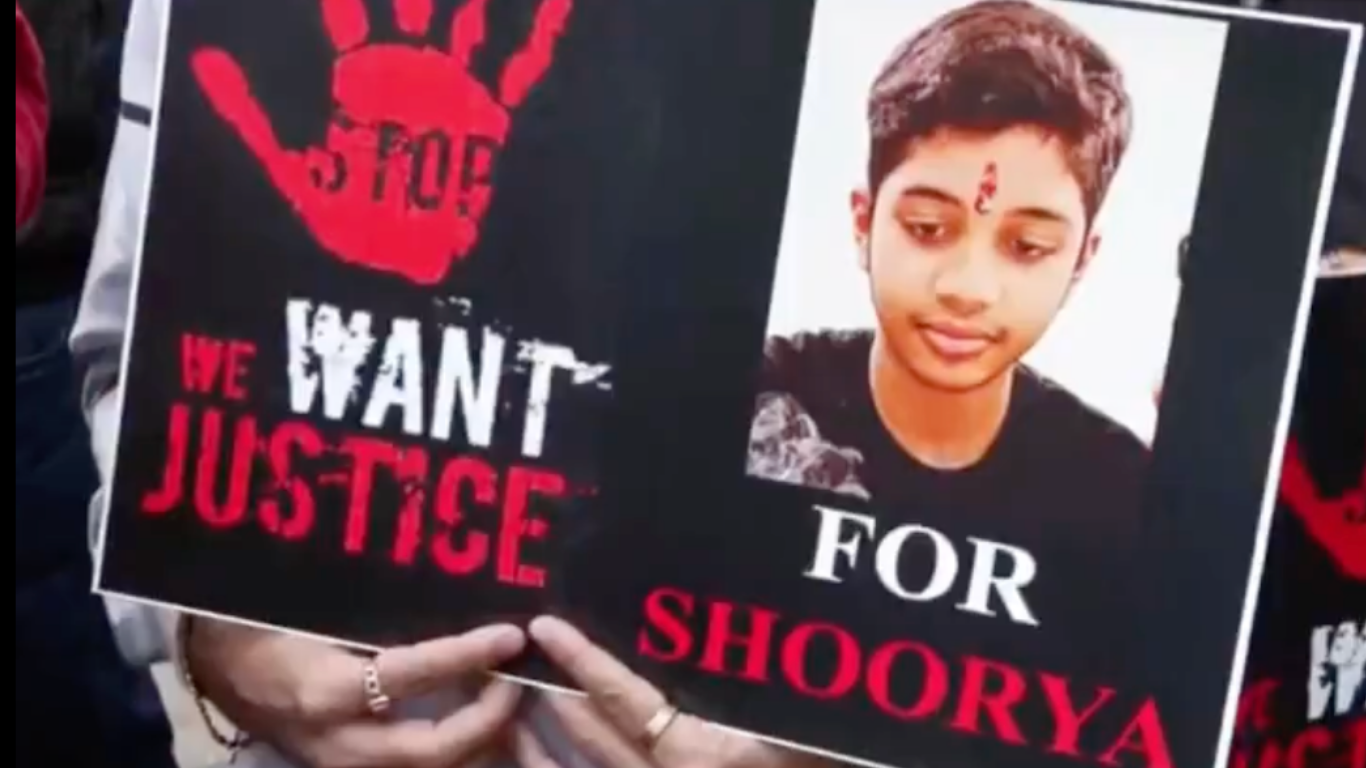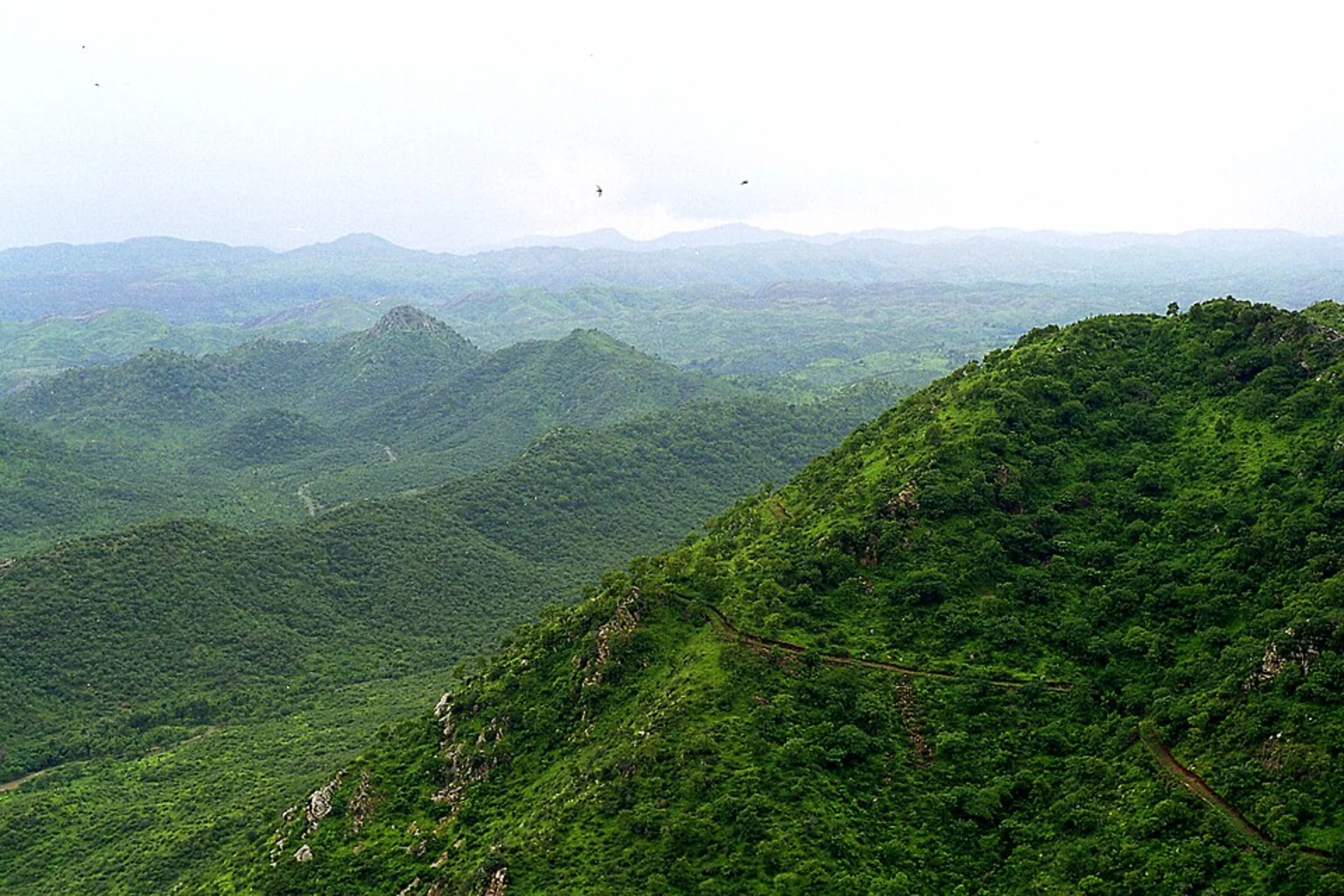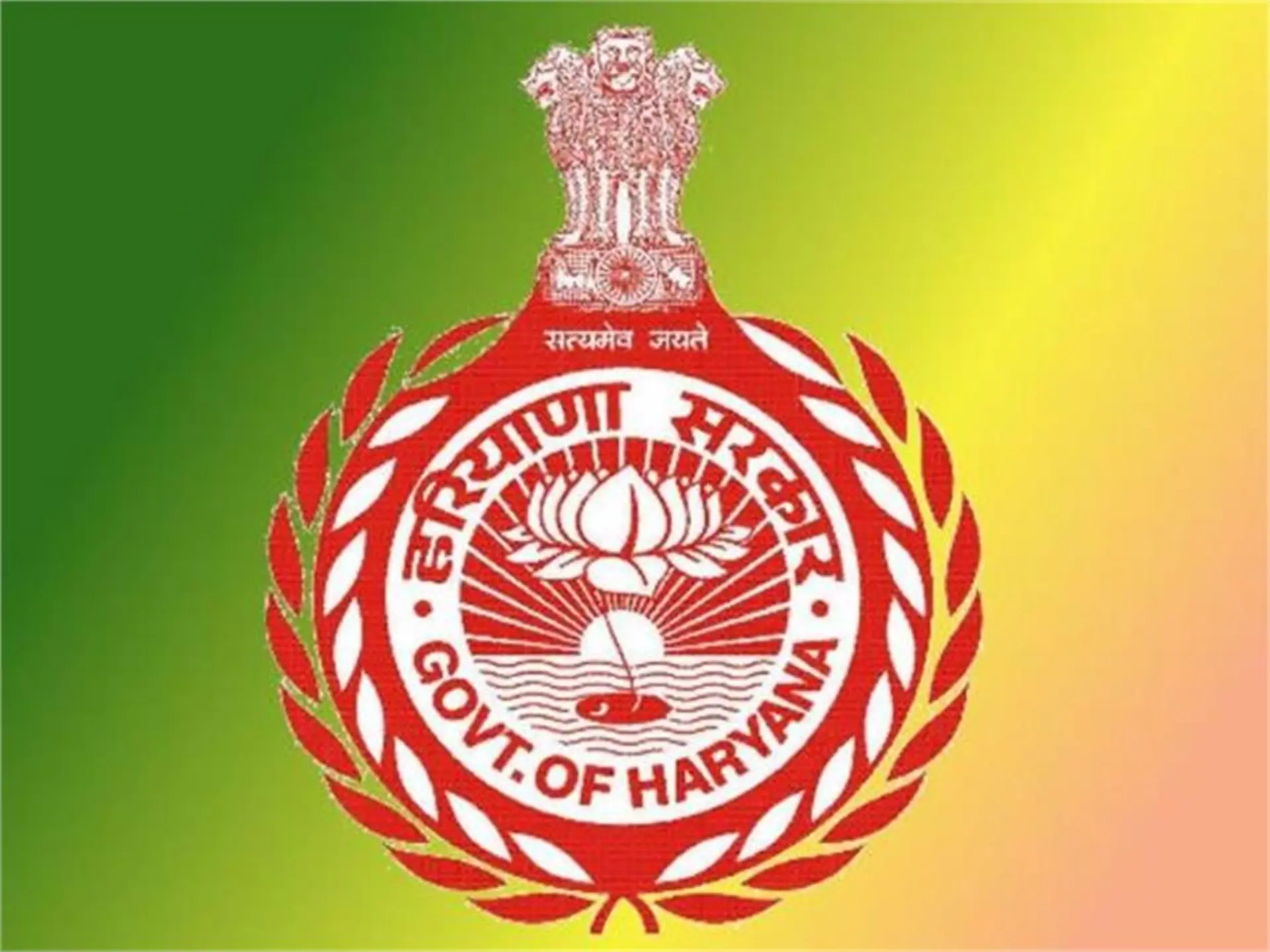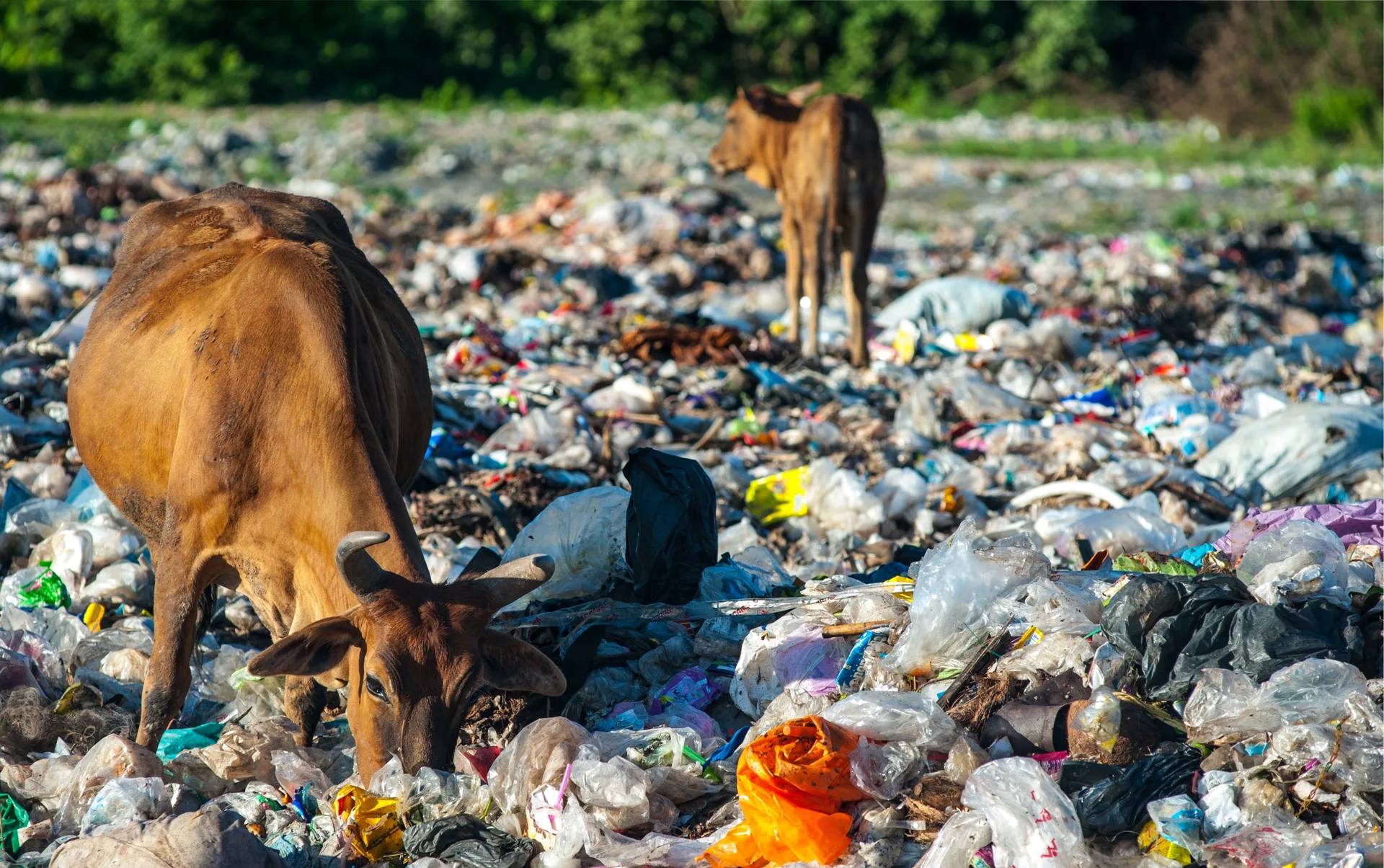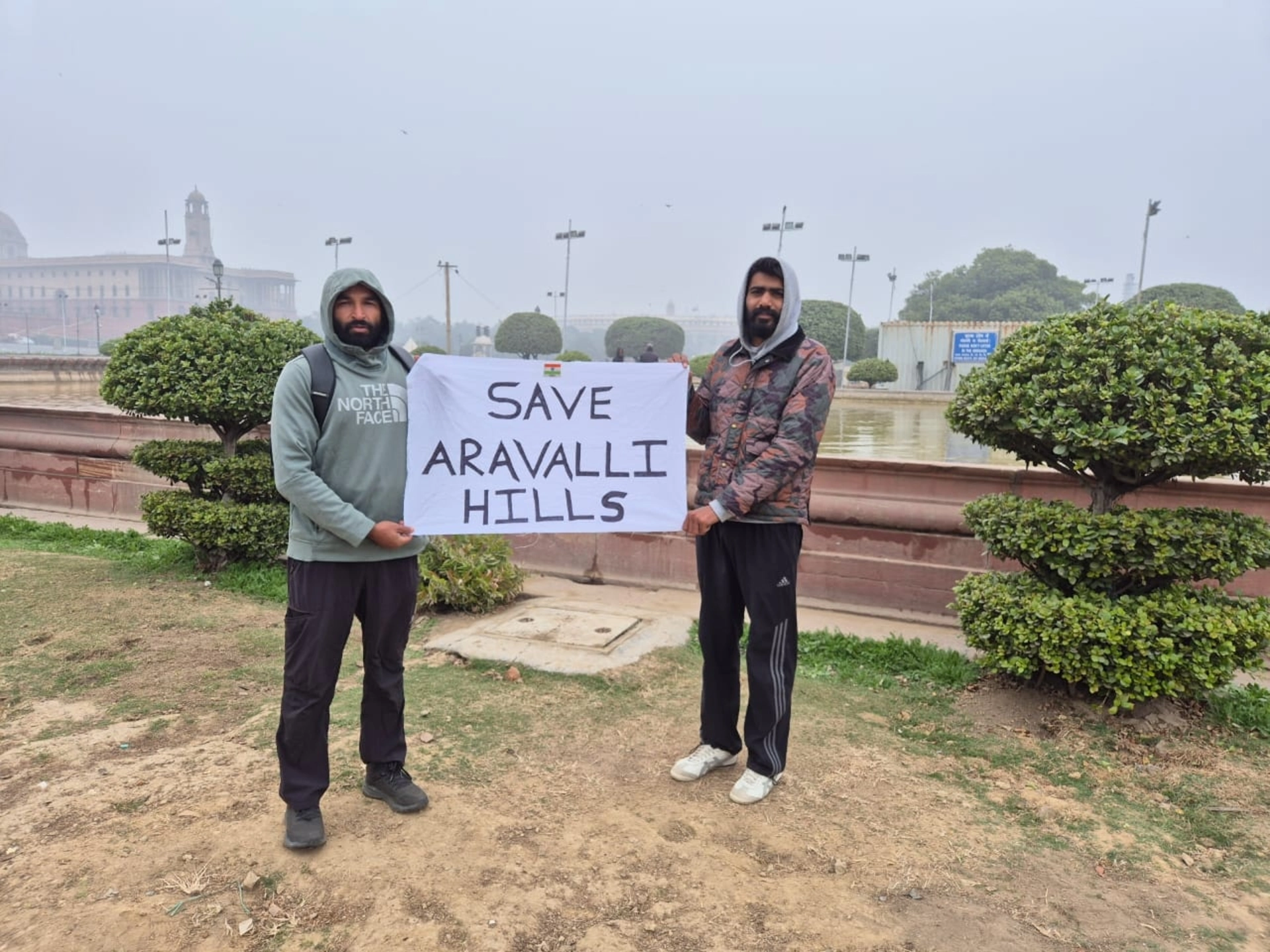
India's "Operation Sindoor," which targeted nine terrorist camps across Pakistan and Pakistan-occupied Kashmir (PoK) on May 7, has sent shockwaves through diplomatic circles worldwide, forcing global powers to walk a tightrope between recognizing India's security concerns and fearing a wider regional conflict.
As Pakistan's Prime Minister Shehbaz Sharif labels the strikes "an act of war" and vows a "befitting reply," the wheels of international diplomacy have begun turning, with responses reflecting the complex web of geopolitical interests at play.
Pakistan's Diplomatic Offensive
Within hours of India's operation, Pakistan launched a full-court diplomatic press seeking international condemnation of what it called "unprovoked aggression." The Pakistani Foreign Office has revealed plans to take the matter to the United Nations Security Council, claiming India violated its sovereignty and territorial integrity.
Pakistan's position is weakened, however, by eyewitnesses in Muridke confirming the strikes and by JeM chief Masood Azhar's stunning admission to BBC Urdu that the operation killed 10 of his family members and four close aides in Bahawalpur.
Foreign policy watchers point out that Pakistan's years of denying the presence of terrorists on its soil have been badly undercut by these developments, leaving it on shaky diplomatic ground.
India's Strategic Communication
India has framed Operation Sindoor as a legitimate counter-terrorism action rather than an act of war. In his official briefing, Foreign Secretary Vikram Misri pulled no punches, stating that "Pakistan is a safe haven for terrorists" and that the Pahalgam attack investigation uncovered unmistakable Pakistani connections.
The Defense Ministry carefully emphasized that "no Pakistani military facilities were hit, reflecting India's calibrated and non-escalatory approach" – a clear message meant to reassure the international community about India's restraint.
Indian diplomatic missions worldwide have been told to highlight the targeted nature of the operation and its direct link to the April 22 Pahalgam terror attack that claimed 26 innocent lives.
Regional Stability Concerns
Security experts are keeping a close eye on how this development might reshape the South Asian security landscape. Home Minister Amit Shah has ordered the Border Security Force to beef up safety measures for people living in border areas, suggesting India is bracing for potential fallout.
The operation comes at a particularly tough time for Pakistan, which is struggling with economic problems and political turmoil at home. These internal challenges may influence how Pakistan calibrates its response beyond diplomatic protests.
"The million-dollar question now is whether Pakistan opts for a proportional response targeting what it sees as terrorist infrastructure in India, or whether it chooses asymmetric action through proxy groups," said a veteran regional security expert. "Either path could easily spark further escalation."
Major Power Responses
Initial reactions from world powers have been cautious, with most calling for restraint from both sides while acknowledging India's legitimate concerns about cross-border terrorism.
Pakistan's long-time allies are facing an awkward situation due to growing proof of terrorist bases in Pakistan and the brutal Pahalgam attack targeting innocent tourists.
Meanwhile, countries with growing strategic ties to India have privately expressed understanding for India's position, while publicly pushing for dialogue and de-escalation.
related

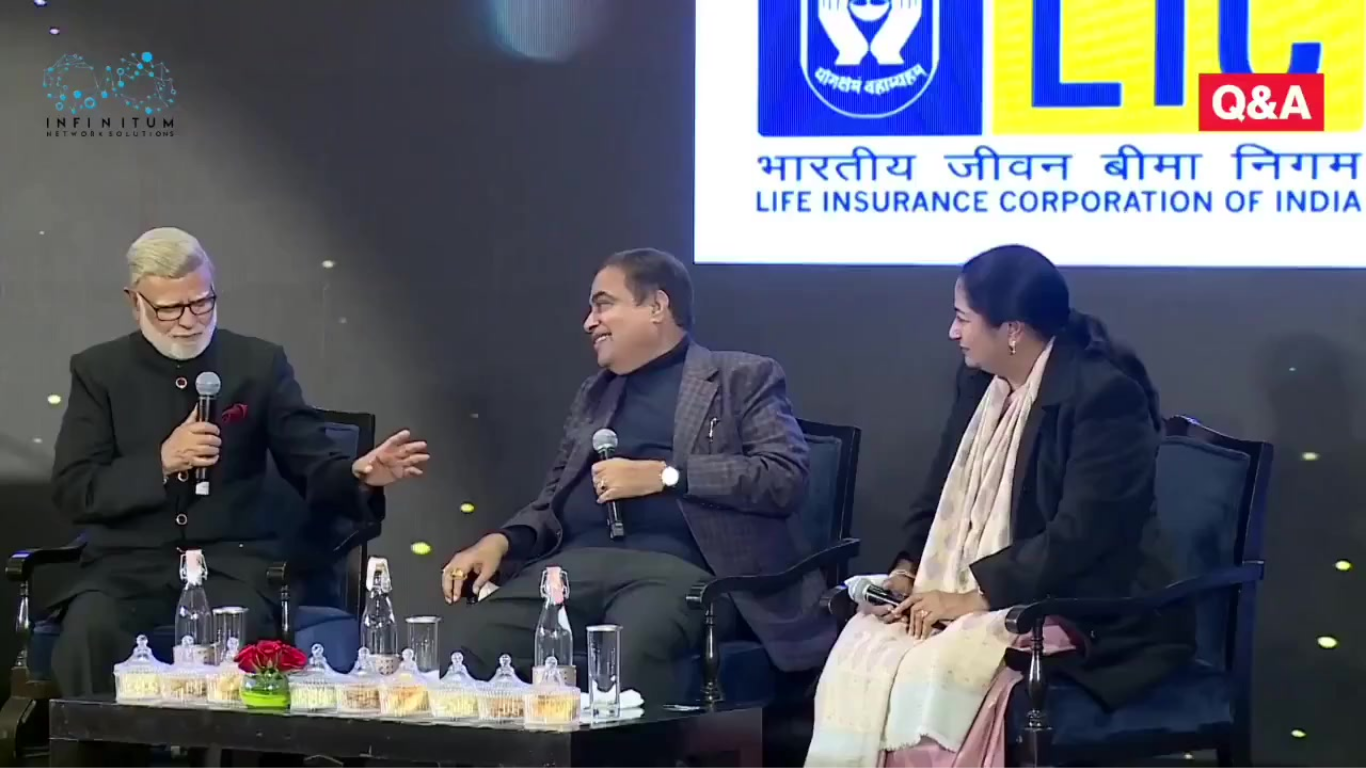
₹60,000 Crore Spent, But Gurugram Still Choked: Gadkari Deflects Infrastructure Question With Auto Industry Pitch

Laying the Strongest Foundation Education Reform Language Empowerment and India’s Path to AI Sovereignty
